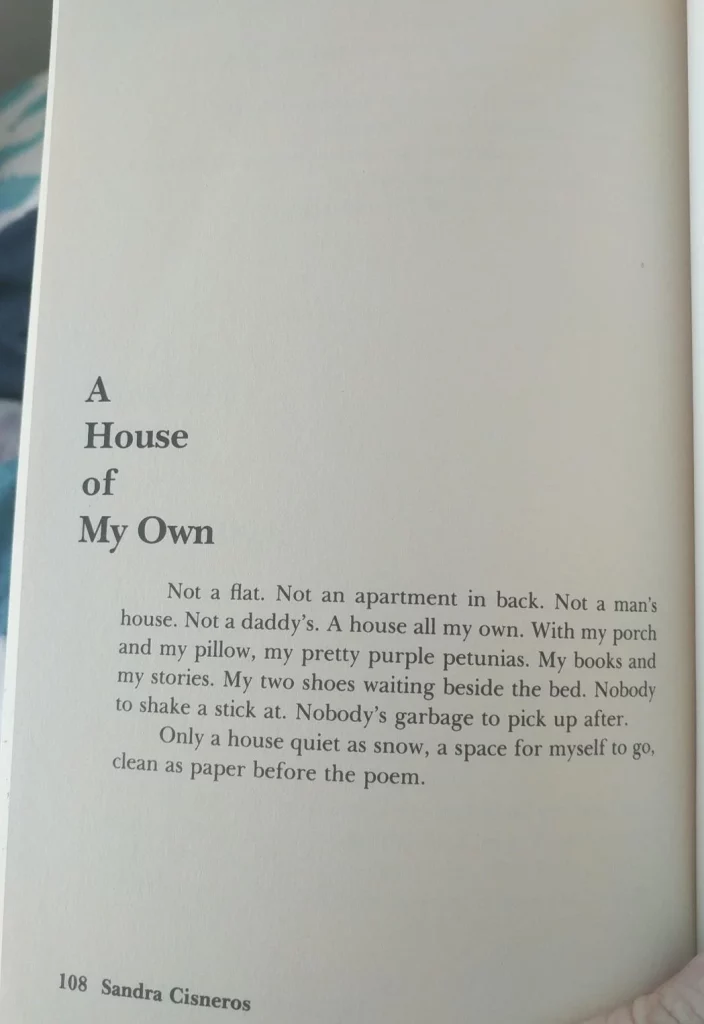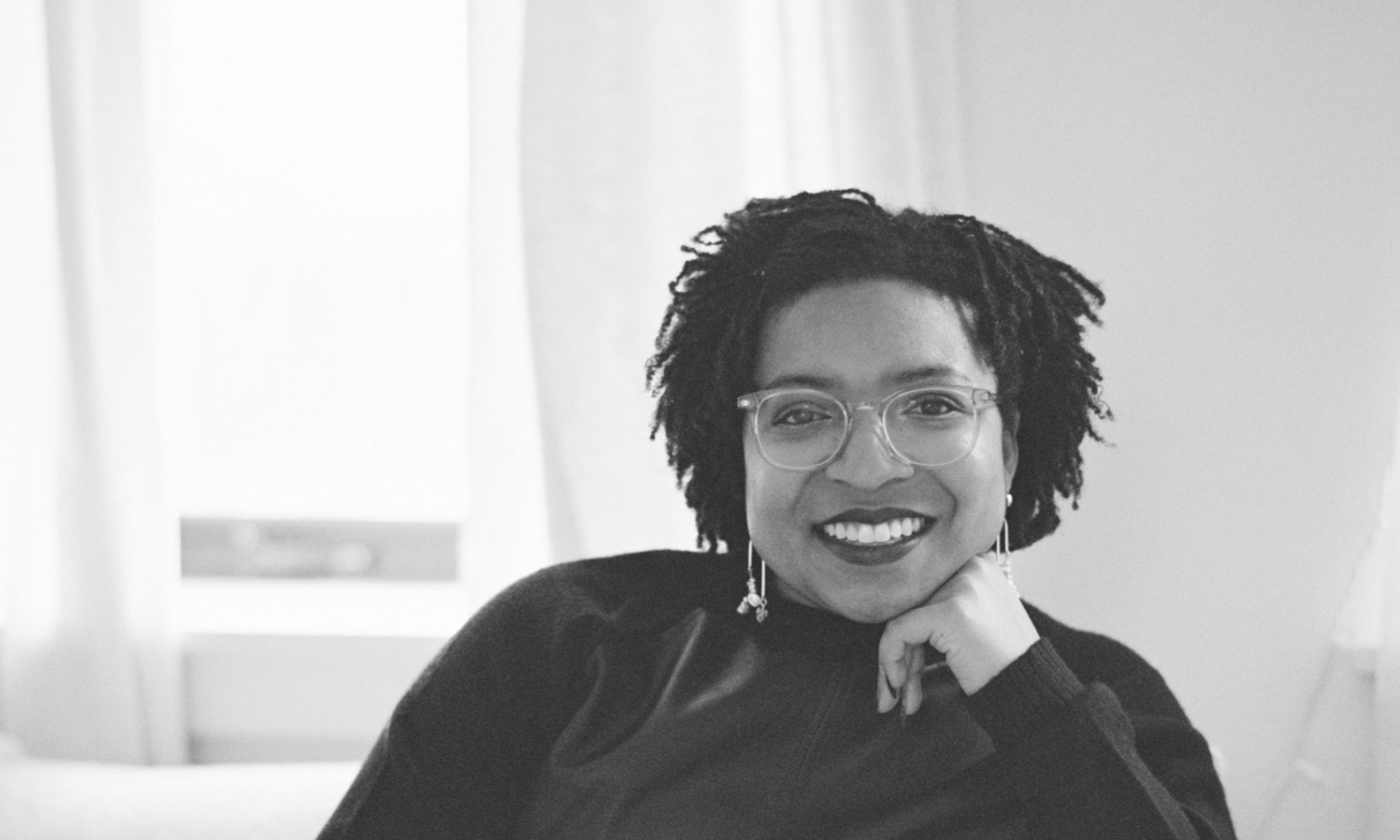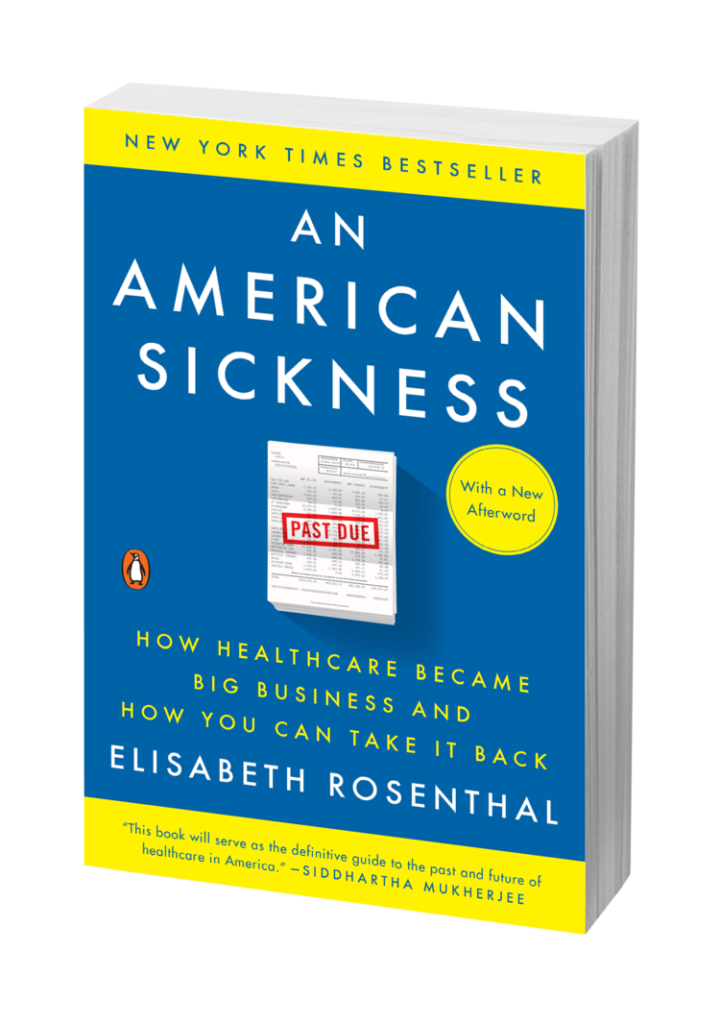One of the weird things about being in VC now for almost 5 years, is that there are some topics on VC Twitter that feel like groundhogs days. They are debated in earnest at least once a year, and nobody in that conversation seems to remember or care that this happened exactly the same way a year prior. I think this probably happens in many crevices of the internet, that is just the one that I occupy most time in so I see it very plainly.
One of those groundhog day topics is the VC Twitter version of oppression olympics. It’s the discussion about what is riskier: to be an early employee or to be a founder. The funny part about this topic is that most of the people who weigh in are founders. They weigh in as if they can speak for both founders and employees even though they have only been founders. In many cases, they are airing out their own traumatic founder experience and can’t imagine someone else saying that their experience could be more (or equally) difficult. Especially if those people are their own previous employees who they paid when they were depriving themselves of any salary. I get it, being a founder is an extremely isolating, expensive, and overwhelming experience. And I don’t want to take that away from anyone.
My experience though has only been as an early employee at Pre-Seed/Seed* companies that failed. The conversation I think we aren’t having enough is how to process your work product and history after a company you worked for fails. Especially as that pertains to your own feelings of self-worth. From my perspective, in every early startup I worked for, I was underpaid, overworked, and had few (or 0) coworkers to lean on or to learn from. If I had to pick the most important part of the riskiness equation though that made the early employee role that much more risky for me is that in those roles, I didn’t actually learn any skills. Instead, because I was constantly reacting to ever changing inputs, I had to rely on what I already knew to produce some semblance of a useful output. If I didn’t know something, Google was my best friend. The expectation at an early stage company is that as the company grows, the resources it has grows. Those resources can be used to help you hire a team, to get you access to information databases, to increase your pay. But what happens if those resources never arrive?
As a non-technical early employee, so much of the work that I did at the startups I worked for was very tedious, very unsophisticated labor. The lasting impact, in many cases, was nil because things changed so constantly. You didn’t know if anything you built or created would last until the next week. In my first role, I was in charge of supporting one person on the team to help her collect data into her spreadsheet to track the sustainability of the company. Then I moved into a more R&D role to explore a product launch (the product never materialized). In my next role, at a second startup, not a single one of the projects I managed actually materialized. So after a few months of that, the CEO transitioned me into more of a sounding board/advisor role where I was basically just performing emotional labor. Even in my early days at Precursor, I spent much of my time building (and then scrapping) CRMs, and tracking down a lot of paper trails. The administrative labor was overwhelming.
The hard part too about the employee vs. founder conversation is there is a strong bias towards founders. They are the avengers, the masterminds, the leaders. So as a result, “failed founder” has a certain gravitas to it that failed employee does not.
In my work as an early employee, on the good days, what I gained was perspective. I was given a spot in a growing ecosystem that I cared a lot about and so I was able to use that vantage point to better understand how I wanted to navigate that ecosystem. On the bad days, I was so exhausted by my ever-growing workload that I was in a constant fight or flight mode – unclear where I could even fly towards…
Obviously, things turn out well in the end. The third startup – Precursor – ends up not failing, my role expands and I get to grow in my own skills and experience. But I want to be honest about my early experiences so that others know what the real cost of joining an early company can be. I am also using my new position as an investor in companies to coach founders I work with on how they can be more thoughtful about their early employees and my hope is that this next generation of early employees receive the skills, experience and knowledge they need to fly towards something amazing.
*I can’t speak to the risk/reward profile to employees who join Seed+ companies
Inspiration from this post comes from:
1) a few conversations I’ve had with our MBA interns who are thinking about that first employee role at startups
2) a few conversations I’ve had with our founders – many of whom who have been founders before, but few of whom have been early employees are failed companies before
3) Yoni’s recent post – so honest, loved it!
4) Karla’s recent post really spoke to me and this is exactly the type of leader I hope to become, which requires being honest about the work I’ve done and how it impacted me
5) Ashley Ford’s interview on Brene Brown’s podcast about her memoir. Her decision to own her own story despite whether or not it implicated others is powerful and I plan to do the same. My story is mine.


